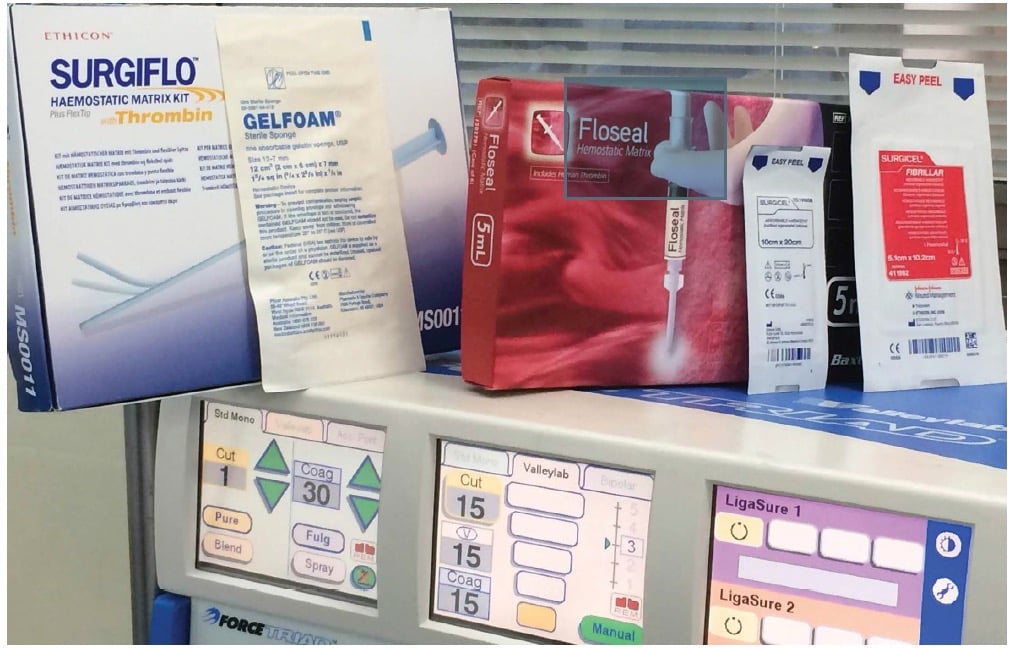Preparing your home and first-aid kit for a COVID-19 diagnosis from freeamfva's blog
Preparing your home and first-aid kit for a COVID-19 diagnosis
With over 1 million known active cases in Australia, and many more forced to isolate as close contacts, what can we do to protect ourselves and make sure we don’t pass COVID-19 on at home?To get more news about IFaks, you can visit rusuntacmed.com official website.
First, it’s important to remember while many experts have said it’s likely we’ll all get COVID eventually, it’s not inevitable. Taking steps to minimise the spread right now will alleviate the stress on the health system and protect the vulnerable and immune-compromised.Professor Ross Gordon, a COVID and behaviour expert, from Queensland University of Technology says that “even with Omicron” and even if you are young and healthy, you’re at risk of a serious infection.

”The other point here is that you cannot have a healthy and functioning economy when thousands of people are catching COVID-19,” says Professor Gordon, who is a member of the World Health Organisation Technical Advisory Group on Behavioural Insights and Sciences for Health.
“It is a logistical nightmare,” admits Melbourne-based illustrator Beci Orpin, who has spent the past week isolating at home with her family. Her 46-year-old husband, Raph, and 18-year-old son Tyke have both tested positive, but so far, Beci and her 14-year-old son Ari are virus-free.
From a practical perspective, Ms Orpin stayed in the downstairs study, while Raph was in their bedroom and their two sons remained in their respective rooms.
She spent a lot of time cooking and delivered food to both their rooms. They also all wore N95 masks anytime Raph or Tyke went to the bathroom or came downstairs.
“We maintained distance. Sometimes my eldest son didn’t want to eat dinner in his room, so we’d go outside or the other way round,” she says.
She did online shopping and friends made deliveries, stocking up on chicken stock (“I made a lot of soup”), ready-made lasagnes, N95 masks, paracetamol and ibuprofen, ArmaForce supplements, wipes and rapid antigen tests (trying to find them was an “extreme sport” and a friend from Singapore sent extras).A person can be infectious two days before they have symptoms. But if someone starts to show symptoms they should isolate and use a separate bedroom and bathroom to others in their home, if possible, says Sarah Palmer, the co-director of the Centre for Virus Research at The Westmead Institute for Medical Research.
“Second, always put on a mask and ask the infected person to wear a mask [N95/P2 masks if you can get them] when others enter their room,” she adds. “Third, handle all dishes or waste from the infected person with gloves. Do not share dishware, towels, bedding, or electronics with the infected person. In addition, to prevent yourself from getting infected it is important to frequently wash your hands in soapy water for 20 seconds or use hand sanitiser.”
Ensure good ventilation by opening doors and windows and, Gordon suggests, using HVAC air purifiers where possible. “Spread is mainly respiratory, so surface disinfection is less important,” says Dr Abrar Ahmad Chughtai, a senior lecturer and epidemiologist at UNSW.
Post
| By | freeamfva |
| Added | Dec 7 '22 |
Tags
Rate
Archives
- All
- March 2025
- February 2025
- January 2025
- December 2024
- November 2024
- October 2024
- September 2024
- August 2024
- July 2024
- June 2024
- May 2024
- April 2024
- March 2024
- February 2024
- January 2024
- December 2023
- November 2023
- October 2023
- September 2023
- August 2023
- July 2023
- June 2023
- May 2023
- April 2023
- March 2023
- February 2023
- January 2023
- December 2022
- November 2022
- October 2022
- September 2022
- August 2022
- July 2022
- June 2022
- May 2022
- April 2022
- March 2022
- February 2022
- January 2022
- December 2021
- November 2021
- October 2021
- September 2021
- August 2021
- July 2021
- June 2021
- May 2021
The Wall